Hummingbird Magnets – Potted Flowering Plants
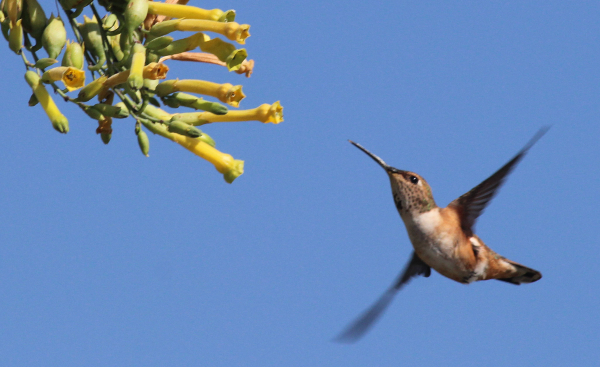
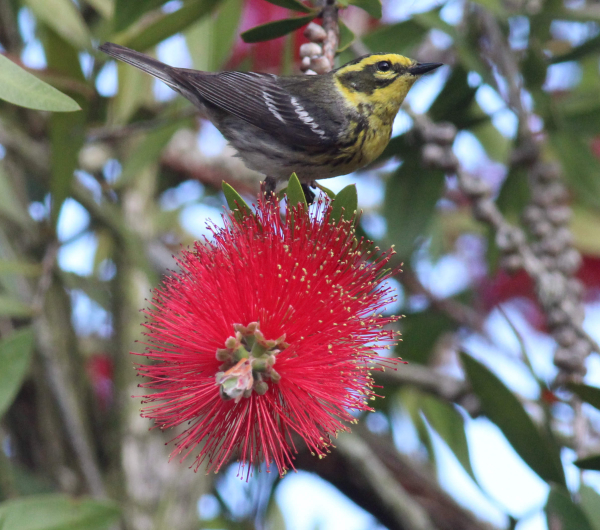
Urban birders living in smaller spaces often have a hard time creating a birdscape, but as hummingbirds arrive, everyone can be helpful to migrating and arriving hummers by having sugar-water feeders in position – and there’s one more step people short on space can add. Potted flowering plants provide flower-nectar that is a great second offering for hummingbirds – try sharing a mix of flowering plants, vines, and even small shrubs that will add a lot to the beauty of your balcony, windowsill, or patio.
If you have more space in a yard or larger property, you can add potted flowering plants to add a new focal point, including the pots themselves, which can be used to accent a design plan. Potted plants are versatile in that they are mobile – you can move them anywhere in your yard, any time you’re ready for a change – and you can add other flowering potted plants through the summer. You may even wish add some hummingbird-friendly potted plants to add color and design element to your feeding station. Read more

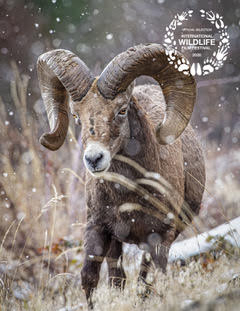

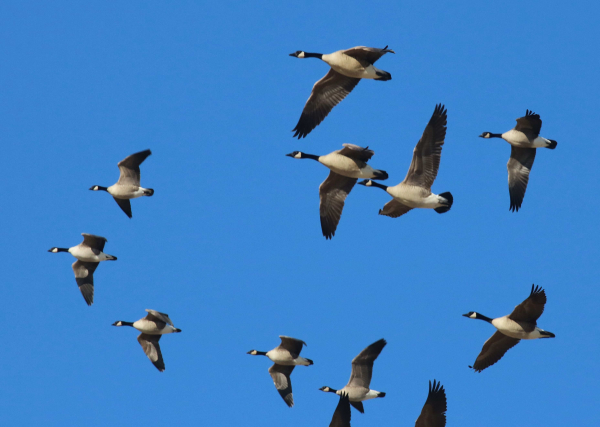
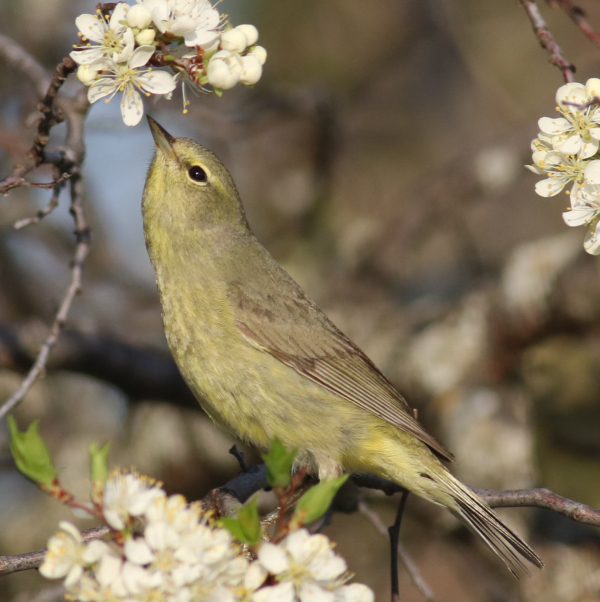
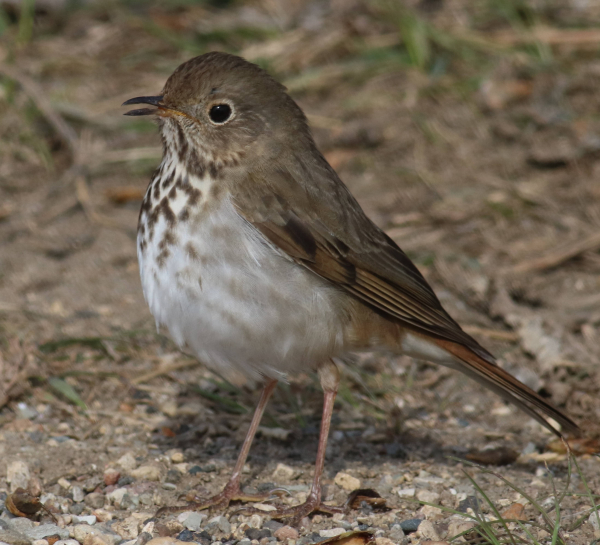
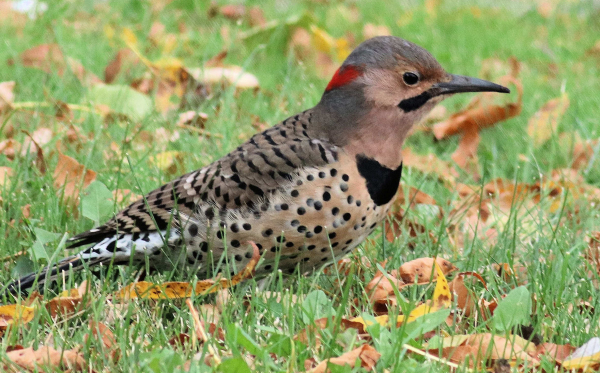
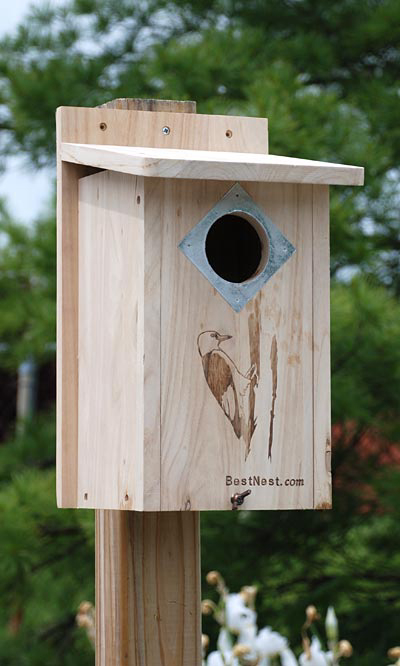
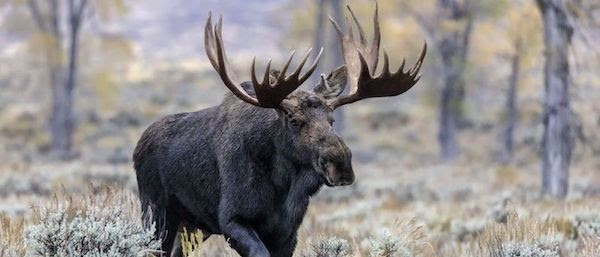


(1).png)
